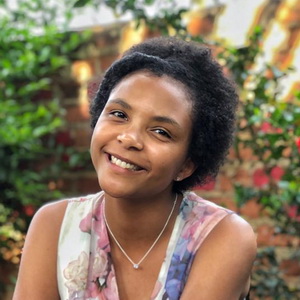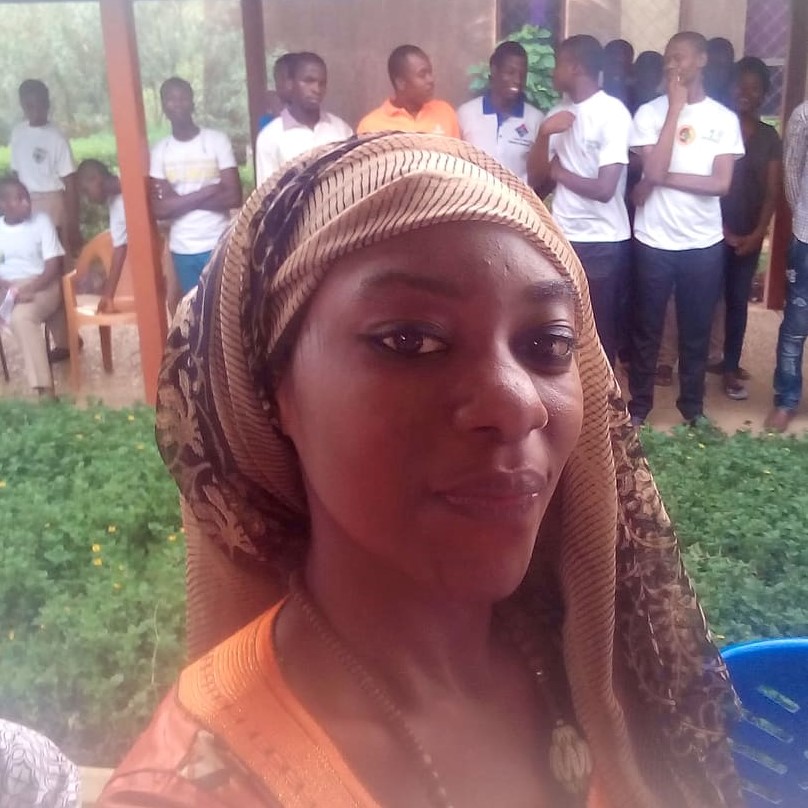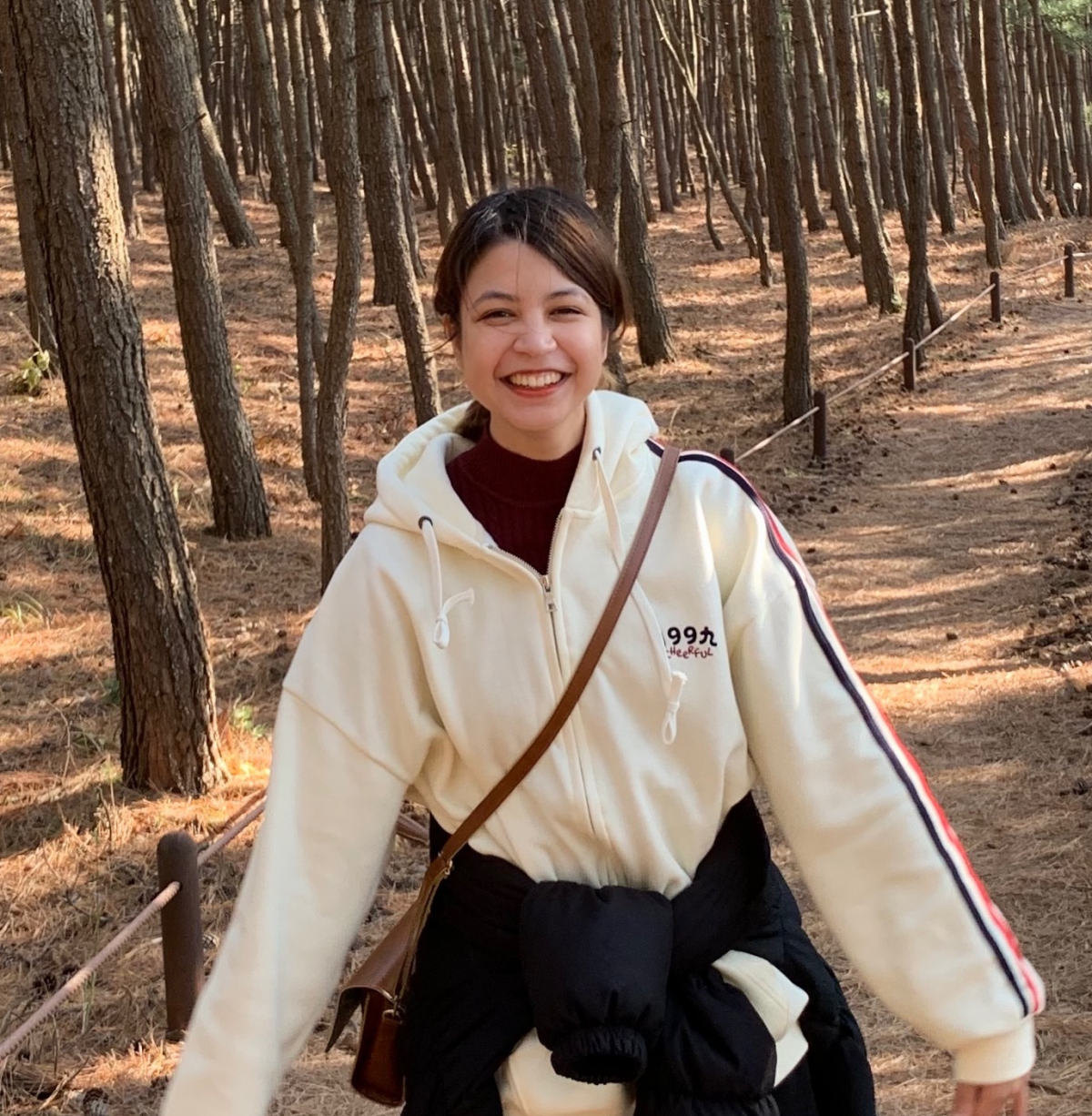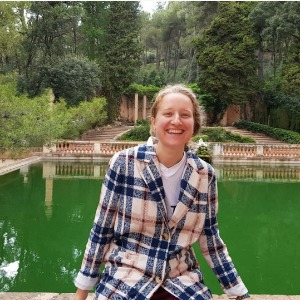Stuck Down Under
Since I am not able to go to my office anymore or access any libraries, we even send each other books, basically setting up our own loan system while libraries remain closed
Australia, Oceania
Story by Pia Dannhauer
Published on May 31, 2020.
Reading time: 3 minutes
This story is also available in 
Australia may have experienced the full effect of the corona outbreak a few weeks later than Europe, but toilet paper was still gone from the shelves with rapid speed even before then. One Tweet predicted this buying craze would go into history as “The Great Toilet Paper War of 2020”[1]. I don’t think I will ever forget that Meme again. Despite the bizarre buying crazes, it was quite unsettling to hear the news coming from Europe. Even more unsettling was to see how many Australians disregarded social distancing measures, congregating at Bondi beach and – weirdly enough – flogging to Bunnings (a hardware store chain). That felt incredibly frustrating.
At that point, my family’s visit to Brisbane had already been cancelled due to the quarantine requirements for foreign visitors. A few days later, entry into the country was prohibited entirely. With a temporary student visa, this means that I am not able to see my family– simply because I would not get back into the country for the foreseeable future.
Still, I consider myself to be among the lucky ones in this crisis as I hold a scholarship. In contrast, some international students are trapped outside the country due to the border closure and risk losing their visa. Some have lost the job necessary to finance their studies. Some of the PhD Students who just finished their degrees now can’t find employment. Even many of the academics I am working with worry about their positions and future research projects, since universities have been hard hit[2] by the lack of incoming students.
For me, the crisis has changed my days in some ways, since I am not able to go to my office anymore or access any libraries. But attending seminars, listening to external researchers presenting their projects and exchanging with other PhD candidates is still possible – just very different. And being forced to connect in new, digital ways has certainly brought our PhD cohort closer together. We even send each other books, basically setting up our own loan system while libraries remain closed.
Footnotes
[1] The Great Toilet Paper war of 2020 (2020), from: https://twitter.com/AUS_otanko_Ns/status/1236106978939645952?s=20
[2] The conversation (2020), Australian universities could lose $19 billion in the next 3 years. Our economy will suffer with them, from: https://theconversation.com/australian-universities-could-lose-19-billion-in-the-next-3-years-our-economy-will-suffer-with-them-136251
How does this story make you feel?
Follow-up
Do you have any questions after reading this story? Do you want to follow-up on what you've just read? Get in touch with our team to learn more! Send an email to [email protected].
Talk about this Story
Please enable cookies to view the comments powered by Disqus.
Subscribe to our Monthly Newsletter
Stay up to date with new stories on Correspondents of the World by subscribing to our monthly newsletter:
Tags
Topic: Coronavirus
> India
Lessons on Mental Health from Cats
A story by Poulomi Mazumdar
4 min
Poulomi believed that cats were evil and filthy, until she met her cat, Bilhu, who brought trust and tranquility during pandemic times. Read more...
> Uganda
Home for Corona: An Afropean View of COVID-19
A story by Anna Adima
4 min
As an ‘Afropean’, I see COVID-19 has brought social inequalities to the forefront; I am reminded again of the privileges and disadvantages I experience in my homes. Read more...
> Niger
My Experience of Corona in Niger
A story by Boubacar Amadou Samiratou
4 min
Everybody tries to help according to their own ability. The opinions and methods diverge, but I believe that deep down, our common interest is the well-being for all. Read more...
Explore other Topics
Get involved
At Correspondents of the World, we want to contribute to a better understanding of one another in a world that seems to get smaller by the day - but somehow neglects to bring people closer together as well. We think that one of the most frequent reasons for misunderstanding and unnecessarily heated debates is that we don't really understand how each of us is affected differently by global issues.
Our aim is to change that with every personal story we share.
Community Worldwide
Correspondents of the World is not just this website, but also a great community of people from all over the world. While face-to-face meetings are difficult at the moment, our Facebook Community Group is THE place to be to meet other people invested in Correspondents of the World. We are currently running a series of online-tea talks to get to know each other better.


























